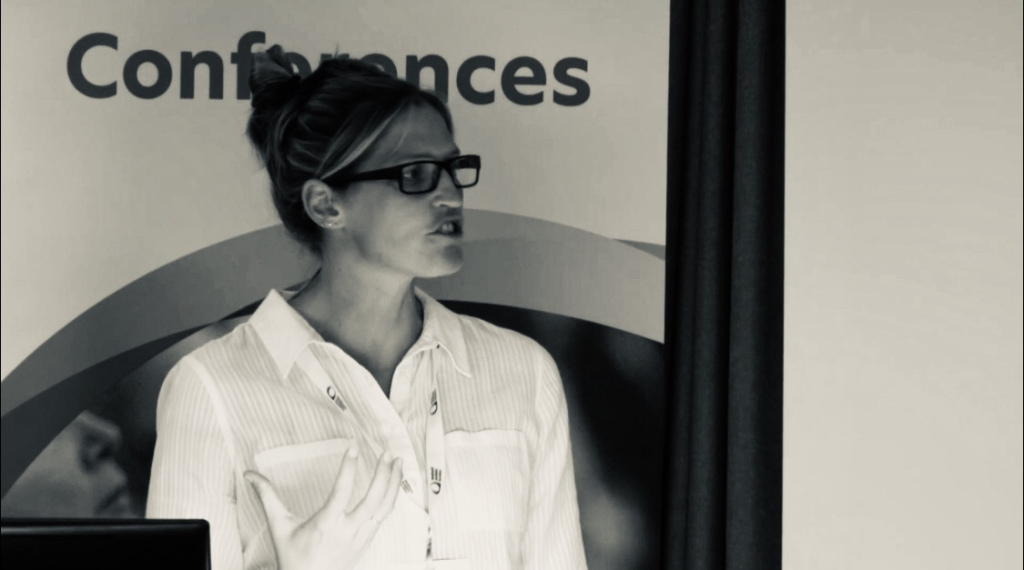Dear CQC,
Today I’m pissed off with your bollox inspecting and reporting and I thought I’d let you know why.
You need to recognise that you are complicit in a dangerous lie. This lie is based on the myth that the system is committed to community based psychiatric care and that you are ensuring providers are safely working towards actualising that goal.
Many of you believe that Winterbourne and WhorltonHall are rarities or things of the past. I’ve sat at tables where you have said that we need to find ways to look for abuse and have better indicators.
I knew at that time that you truly believed that most hospitals are places where care and treatment are offered. I could see your naivity when you suggested that the disabled have rights, are treated with dignity and respect, and won’t be subject to unfair treatment or criminalized for their differences.
But those of us who have survived psychiatric incarceration know that not only did the asylum or hospital treatment never die — it is, and always was, a place of custody. The outright intolerance of difference is nowhere more hidden in plain sight than in hospitals. Let’s remember that these hospitals exist and house people against all government guidance, human rights law and medical recommendations. They uneccesarily restrain, forcibly medicate and deprive people of their most basic liberties all the time and not only in “extreme” cases.
These are the places you are supposed to regulate! And before you say, “How can we know?”, people’s experiences are well documented. Parents are shouting from the roof tops, their message often falling on deaf ears. Do you think I’m exaggerating? Being unfair? Let’s look at one of the most recent cases – Cedar House.
This document, published by Rightfullives over a year ago, was written by a man in Cedar House.
 https://rightfullives.net/Stories/What-was-bad.html
https://rightfullives.net/Stories/What-was-bad.html
The CQC were made aware by several parents how the hospital was operating at this time. If that wasn’t enough to convince you that the hospital was a pile of crap, you carried out an inspection more than one year later.
The report, which details your findings of the February inspection, was published almost half year after the fact, this July. In the report, Cedar House has been rated “Good” for Care and Effectiveness. A conclusion I find utterly bonkers. Edward (Ted) Baker wrote, “Staff treated patients with compassion and kindness. They respected patients’ privacy and dignity. They supported patients to understand and manage their care, treatment or condition”. No, no and no Ted! They didn’t do those things at all!
You’ve reported that the wards were dirty and their content bare! Ted found that the hospital was “not able to adequately meet the complex needs of some of the patients”. This meant the patients became distressed and overloaded. In utter pain and exhaustion, they had no choice but to meltdown and be restrained. This was because “staff were unfamiliar with patients and did not always follow de-escalation techniques before restraint was used”. One poor patient was restrained more than 60 times in 6 months and held for over 100 minutes each time. I don’t think that’s “Caring’ or “Effective”.
Ted also reported that staff responded by implementing “measures… to manage patients’ needs and risks (such as long-term segregation and use of physical restraint)”.
In the CQC report I noted that the detainees reasonable reactions to state-sanctioned violence as reported by Ted were blamed on the victim. The rhetoric he used in describing and attributing the oppressive measures were explained away by saying the detainees were ‘challenging’ or ‘extremely challenging’. It seems that even those who profess to understand autism and learning disability still know ‘sweet FA’.
Guess what Ted… it’s really, really hideous when you are forced to live in an environment where your sensory and cognitive needs are not met. How would you like to live there? Would you get a bit cross?
Ted’s report highlights the blatant disregard of the people it professes to care for, and their rights and safety were clearly ignored.
The hospital, like many others, makes use of oppressive, enforcement type responses. And before you protest, Cedar House uses seclusion, Long Term Segregation, chemical restraint, physical restraint, ‘soft restraint’ (what an abhorrent euphemism), blanket restrictions and offers extremely limited access to sunlight, fresh air, batteries, phones, news/media, and the outside world.
Some staff didn’t even know how to use Section 17. As a former patient I can tell you that the highlight of my day was the 30 mins I was allowed outside for a walk. I would be pretty pissed off if staff didn’t know what I was and wasn’t entitled to.
The detainees, those poor neurodiverse people, forced to live at Cedar House are spending far too much of their lives in a distressed and crisis state as a direct result of poor care. I can tell you from first-hand experience that living in an overloaded state actually hurts both physically and mentally. It’s only natural for us to react adversely. Don’t you think that high levels of restraint, seclusion and long-term segregation coupled with decade (and multiple decade) long stays indicate the hospital is shit?
What hope have we got if our regulator, the CQC, thinks this is “Good”?!
The truth is that the CQC are propping up this hospital and others like it. These hospitals are examples of the fundamental structures to which we are trying to find solutions. They have at their core cycles of violence that create the capacity for harm.
Ted had ignored the shared capacity for harm at Cedar House and in doing so prioritised the “crime” of the victim because they disrupted the “order”. Although he did, quite rightly reflect that the violent approaches the hospital took would “impact negatively on their (the patients) quality of life”.
Worryingly, Ted didn’t actually report negatively on the use of ‘Soft Restraint” – a type of mechanical restraint which I would argue has the capacity to cause the most trauma to the detainee. I can only assume that because Ted didn’t say it wasn’t ok, it is in fact ‘ok’ and the CQC condone its use. Can you confirm if its ok?
What do you think the impact is of telling detainees and their families that the care they are receiving is ‘Good’ has when in actual fact, it’s abusive? I can tell you. It gaslights us. It distorts our reality and self-worth. It makes us feel as though we deserve to be ‘softly restrained’, caged and controlled. And don’t think for one minute that parents and detainees aren’t hushed. Many of us don’t speak out because we are fearful that, if we did, we will be punished.
It is a fact that Cedar House and other oppressive systems make detainees and their families feel like they will never get better and that their distress is inherent to their neurology rather than a reaction to external stimuli. That’s why one patient at Cedar House has been there for 20 years! The logic is victim-blaming and shifts responsibility away from cycles of violence that create the conditions for psychological suffering.
It is important that we talk about this iatrogenic harm so that we are not complicit in perpetuating the myth that institutions care for people that are likely to cause harm to either themselves or others. The truth is that we will all cause harm in our lives and those institutions, whether staff or patient, are harming each other. We need to own this rather than projecting it onto certain individuals.
Don’t blame funding. This culture and the fact you don’t regulate it correctly isn’t solvable by more robust funding. The system is fundamentally carceral and designed to contain people, taking away their locus of control and isolating them from their communities. Funding the system simply sponsors cycles of violence and then blames the victims.
You, the CQC, need to regulate these providers properly. Listen to patients and parents and take decisive action. You need to come down hard on ‘bullshit care’ and enact the antidote to unjust abuse and punishment, which is accountability. I, and all the other disabled folk out there, are relying on you to break this cycle!
Best regards,
Alexis Quinn

